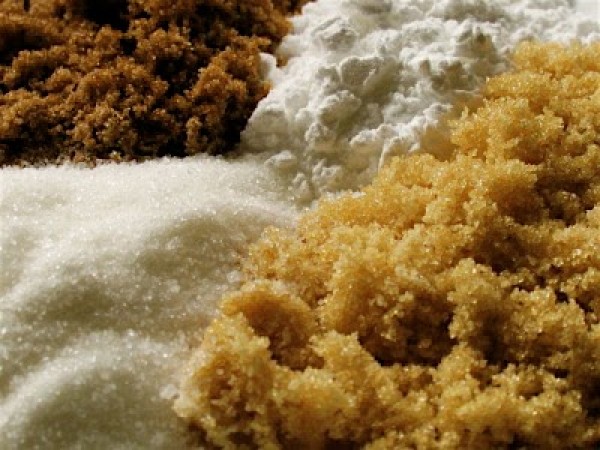
Sugar is a topic that often generates a lot of discussion and concern. Many of us are aware of the impact of visible sugars in our diets, such as those found in sugary drinks and candies. However, there's another category of sugars that often goes unnoticed - invisible sugars. In this article, we'll delve into both visible and invisible sugars, exploring what they are, their sources, and their effects on our health.
Visible sugars, as the name suggests, are sugars that are easily recognizable in the foods and beverages we consume. These sugars are often added during food processing and preparation to enhance flavor. Some common sources of visible sugars include:
Sodas, fruit juices, and energy drinks are notorious for their high sugar content. A single can of soda can contain several teaspoons of sugar.
Candies, chocolates, and other sweet treats are loaded with visible sugars. They provide a quick burst of energy but can lead to sugar crashes.
Pastries, cakes, and ice cream are delightful desserts that are brimming with added sugars, making them a favorite indulgence for many.
Many processed foods, such as ketchup, salad dressings, and canned sauces, contain hidden sugars to enhance taste.
Consuming excessive visible sugars can have several detrimental effects on our health:
Visible sugars are calorie-dense and can contribute to weight gain when consumed in excess. They provide little satiety, leading to overeating.
Sugary foods and drinks are a leading cause of tooth decay. The bacteria in our mouth feed on sugars, producing acids that harm our teeth.
Visible sugars can cause rapid spikes in blood sugar levels, followed by crashes, leading to mood swings and energy fluctuations.
Invisible sugars are sugars hidden within various foods and not immediately apparent to the consumer. These sugars can be tricky to spot on nutrition labels as they often go by different names, such as:
HFCS is a common sweetener in processed foods and beverages. It's associated with various health issues when consumed excessively.
These are sugars frequently used in baking and food production, adding sweetness without the typical granulated sugar appearance.
While fruits are generally healthy, fruit concentrates can be high in sugars and are often used as sweeteners in various products.
Understanding invisible sugars is crucial because they can sneak into our diets unnoticed, potentially leading to health problems:
Consuming invisible sugars unknowingly can significantly increase our daily sugar intake, contributing to health issues.
These hidden sugars often come with extra calories, which can contribute to weight gain if not accounted for.
Excessive invisible sugar consumption is associated with obesity, type 2 diabetes, and cardiovascular diseases.
To maintain a healthy lifestyle, it's essential to be mindful of both visible and invisible sugars:
Check food labels for hidden sugars and their various aliases. Look for products with no added sugars or opt for natural sweeteners like stevia or honey.
Select whole, unprocessed foods like fruits, vegetables, lean meats, and whole grains. These are typically lower in added sugars.
Preparing meals at home allows you to control the ingredients and reduce sugar content in your dishes.
Cut down on sugary beverages, opting for water, herbal teas, or unsweetened alternatives.
Understanding the difference between visible and invisible sugars is essential for making informed dietary choices. By being aware of hidden sugars and their sources, you can take steps to reduce your sugar intake and promote better overall health.
UK PM Rishi Sunak Confident about Inking Free Trade Deal with India this Year